As an occupational therapist in rehabilitation medicine, you work hand-in-hand helping patients with injuries or disabilities to overcome barriers. While you have enjoyed face-to-face patient interventions, as a consequence of COVID-19 you may consider moving long-term toward providing health interactions and information electronically rather than in person. If you are…
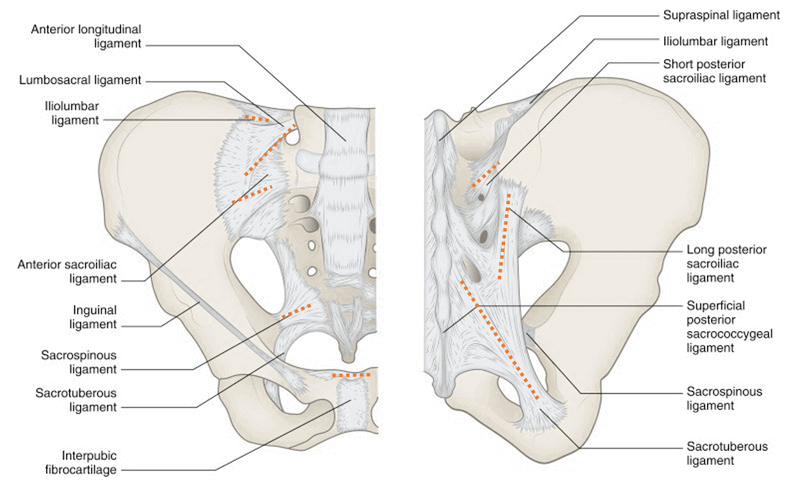
Ligaments of Pelvis
Inherent stability of the pelvis is provided by ligaments. The 3 groups of ligaments are: 1. Sacrum to Pelvis: Sacroiliac ligamentous complex: is divided into posterior (short and long) and anterior ligaments. Posterior ligaments provide most of the stability. Sacrotuberous ligament: runs from the posterolateral aspect of the sacrum and the…
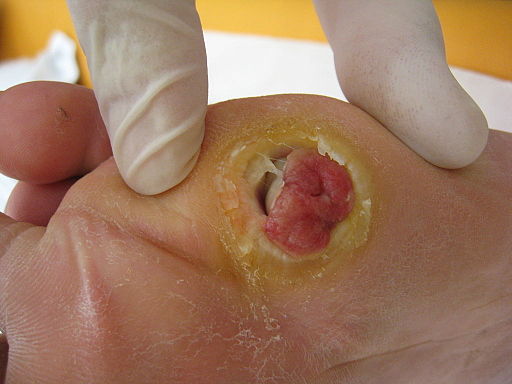
How Can a Podiatrist Help With Diabetes?
According to the American Diabetes Association, 5% to 10% of people with foot ulcers are diabetic. 50% of people with diabetes undergo non-traumatic limb amputation, and there is 39% to 80% mortality of people with diabetes. Diabetes results from a lack of insulin in the body, or the body doesn’t…
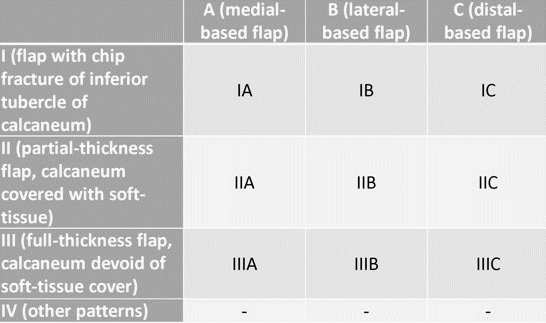
Heel Pad Avulsion Injuries
Special Anatomic Features of Heel Pad Heel pad form an almost fully contained cup-like structure consisting of skin overlying a shell of connective tissue within which fibrous septa ramify throughout the heel connecting the underlying periosteum of the calcaneus to the overlying reticular dermis, thereby anchoring skin to bone. Most…
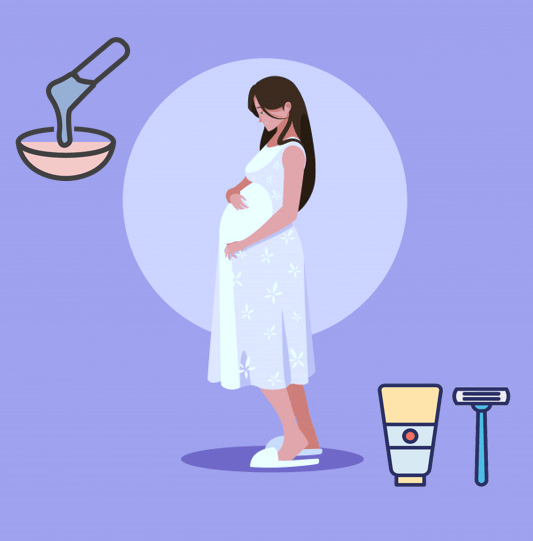
How to get rid of pubic hair when you are pregnant?
When pregnant, you deal with numerous changes that come across as overwhelming, making pubic hair the least bit of your concern. However, you need to know that getting rid of pubic hair while you’re pregnant provides tremendous benefits. In this article, we’ll demonstrate various ways in which you can get…
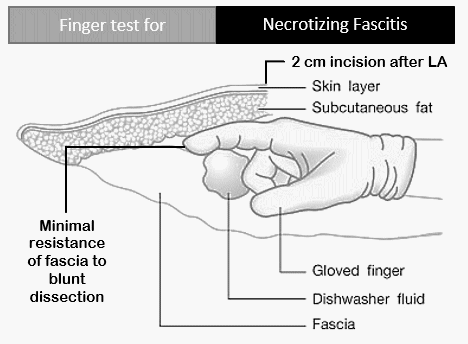
Differentiating Necrotizing Fasciitis from other soft tissue infections
Necrotizing fasciitis can be misdiagnosed in about 75% of the cases in the intial stage of the disease. The most consistent feature of early necrotizing fasciitis is the pain out of proportion to swelling or erythema. Other features helping to differentiate from other soft tissue infections are: Tenderness extending beyond…
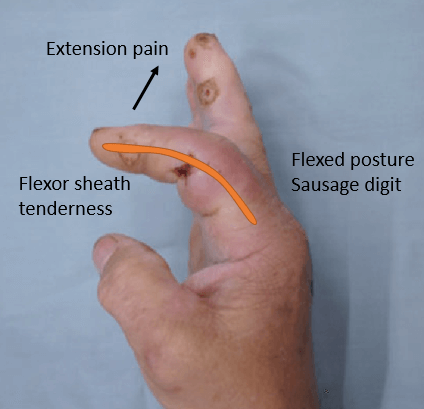
Kanavel Sign for Pyogenic Flexor Tenosynovitis
1. Exquisite tenderness over the course of the sheath, limited to the sheath Present in 64% cases Late sign of proximal extension of pyogenic tenosynovitis Most important sign as described by Kanavel 2. Flexion of the finger (‘hook’ sign) Present in 69% cases 3. Exquisite pain on extending the finger,…
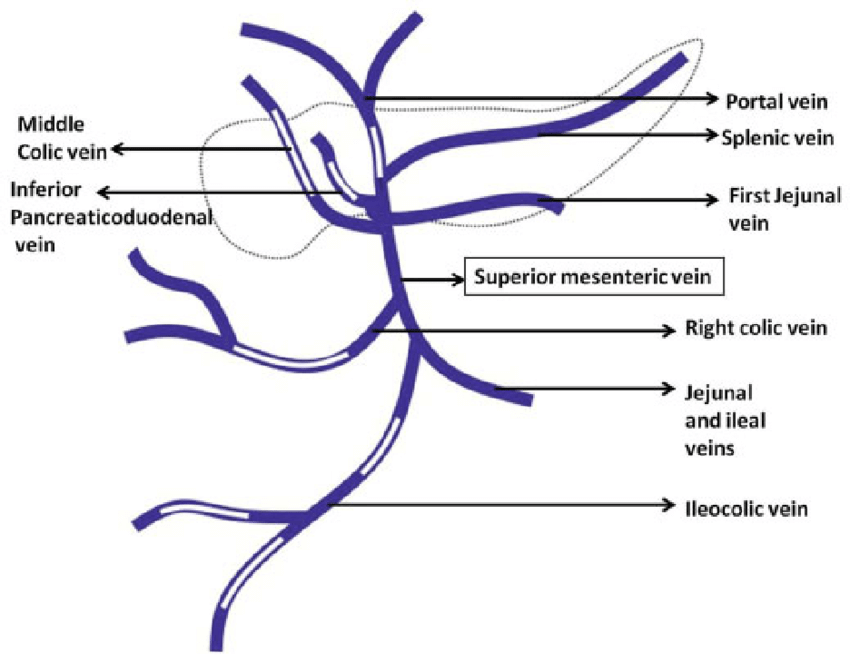
Portal Vein : Tributaries and Portocaval Anastomoses
Origin: Hepatic Portal Vein is formed by the union of Splenic vein and Superior mesenteric Vein behind the neck of pancreas at L1 vertebral level. Termination: The portal vein terminates by branching into right branch (entering right lobe of liver) and left branch entering (left lobe of liver). Parts: Tributaries: Points to…
